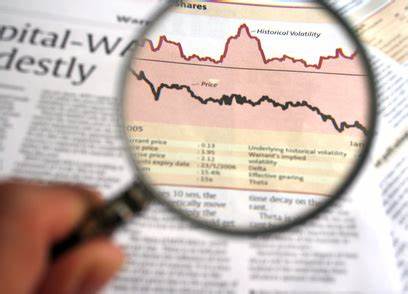As discussed previously, returns from most investments, superannuation and managed funds were quite good for the last financial year. Australian and international shares, property and infrastructure all did well. Values continued to rise in July. The outlook is never certain but appears sound.
Future interest rates will play a role. If they are pushed too high and cause a recession or serious economic slowdown that would be a dampener for investment returns.
Tuesday’s call by the Reserve Bank to hold rates steady provided a second month of relief for borrowers. Yet opinions are divided as to whether rates will still have to rise to get inflation back down to normal levels.
The interest rate hawks say two more rate rises will be needed. They point to significant wage increases in recent months and the boost to costs that will cause. Get it done they say, don’t prolong the agony. The sooner we kill inflation the sooner rates can come down.
The interest rate doves say the rate increases already done are having the desired effect, as shown by steadily falling inflation readings. More time is needed for their effects to fully flow through the economy.
The RBA pause shows it is taking great care not to raise rates more than necessary and cause a recession. If that is avoided, property and share investments should continue to do well.
High interest rates do increase borrowing costs. However, when inflation is high investors will pay more for good quality shares and property due to their limited supply, ensuring their values increase.
Companies can deal with inflation. Australian corporate debt is quite low. Shares in companies that make reliable profits and pay regular dividends will rise. These companies are not issuing any more shares. International companies are also reporting healthy profits.
Australian minerals are required by the world. Our producing miners will continue to enjoy strong demand for years to come. Artificial intelligence software may improve efficiencies and profits in some industries over coming years.
Working-from-home could cause vacancies in office buildings, seeing their values fall. Cromwell Property Funds report that office occupancy in Sydney is about seventy per cent of pre-Covid levels and rising.
While some companies are reducing their office requirements, others are allocating more space per worker to make the office more appealing. Warehouses are filling up as shortages disappear. Infrastructure is reliable.
Just as shopping centres didn’t die when people learned to shop from home, offices won’t die when some people work from home.

